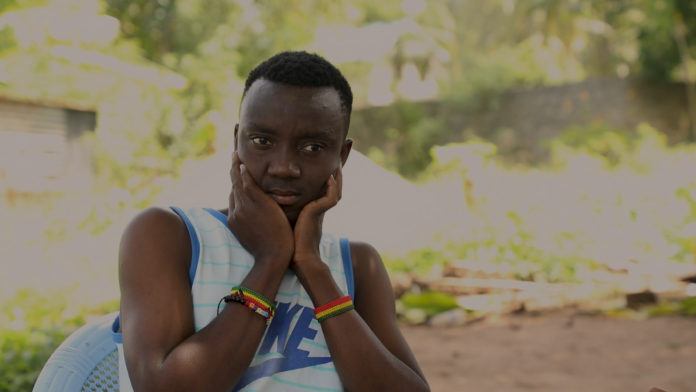By Abubakar Juma
Kwale, Kenya: Omari Siriako, 74, is in pain and on the point of despair as he sits outside his grass-thatched hut. He has been ailing of diabetes and has had physical injuries for a long time, dating back to when he was employed. Siriako understands well how it feels to be a stateless person in Kenya.
Having no money for his hospital expenses and being turned away several times in public hospitals, owing to a lack of identification cards (IDs).
“In the 1970s, I worked for Old Ramisi Sugar Factory and was promised job security and health insurance, only to be forced to resign due to lack of identification,” Siriako adds “I have never received health coverage since I lost my job 5 years ago.”
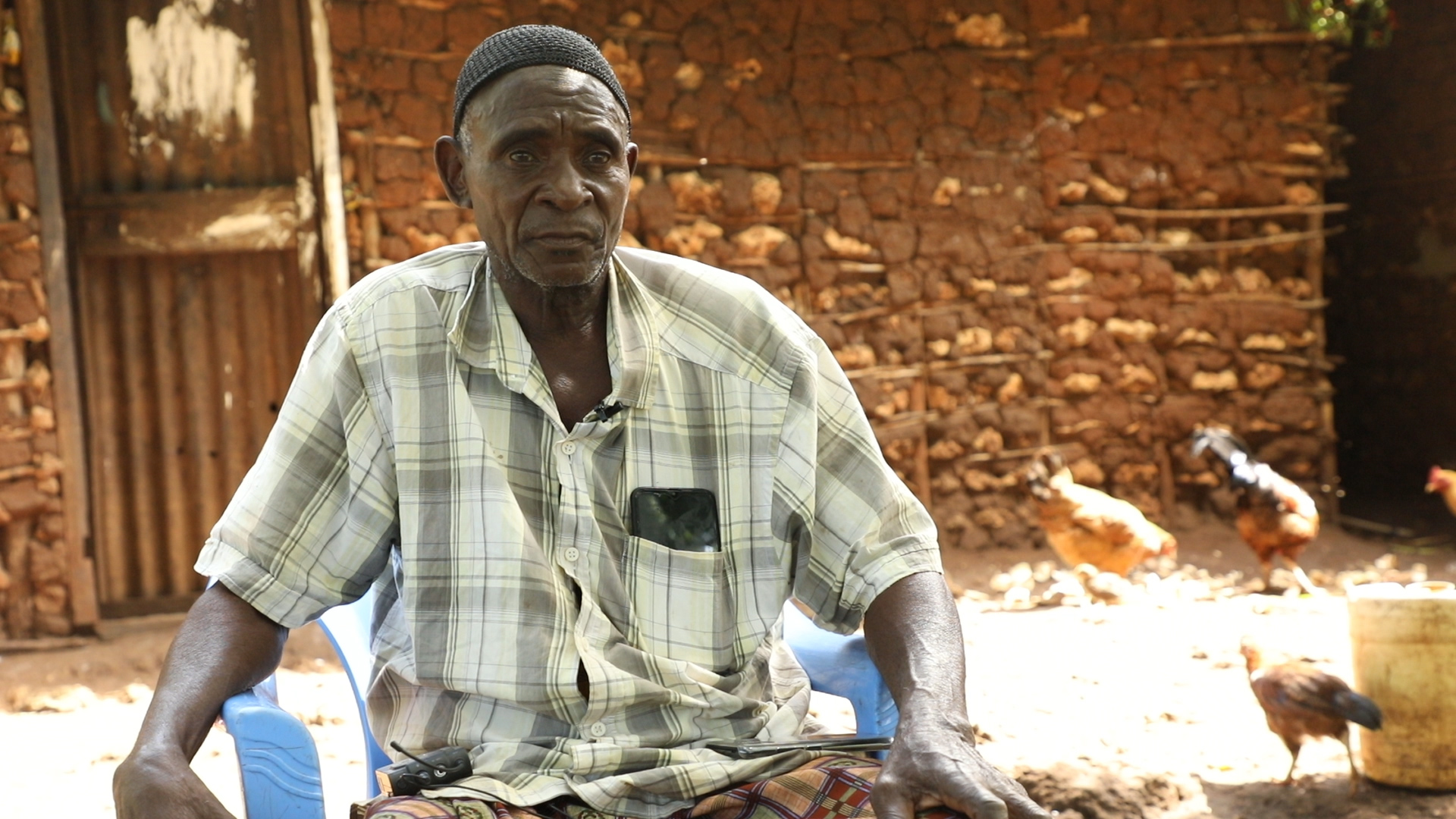
He is a member of the Rundi Community in Kwale County, which came to Kenya in the 1960s from Burundi. He arrived in Kenya with his father when he was about seven years old. Since then, he has called Kenya home, but because he lacks identification, he remains stateless, without Kenyan citizenship or nationality.
Despite using his wife’s ID to enroll NSSF at the workplace the father of nine says it’s been a struggle to obtain his benefits.
Stateless people confront a slew of human rights violations, making it difficult to exercise essential rights like employment, education, and healthcare, as well as limiting their mobility.
It is estimated around 1000 Rundi communities are stateless.
Reports say that more than 18,000 people are stateless with a majority of groups being of Burundian, Congolese, Indian, and Rwandan descent. However, with the government’s current campaign to have the new Digital Identity system dubbed Huduma Namba replace old Identity Cards, the number could soon grow.
Stella Kiringa, a 52-year-old Ramisi resident, claims they were turned away many times when trying to apply for Huduma Namba. “I’m not sure what will happen to us once the Huduma cards are in effect,” she says.
Many Kenyan civil society organizations have cautioned that the biometric process that seeks to digitally identify citizens, known as the National Integrated Information Management System (NIIMS) could further marginalize persons who are at risk of becoming stateless.
According to the Nubian Rights Forum, one of the organizations campaigning for a more inclusive approach says up to five million Kenyans could be left out of the Huduma Namba ID system.
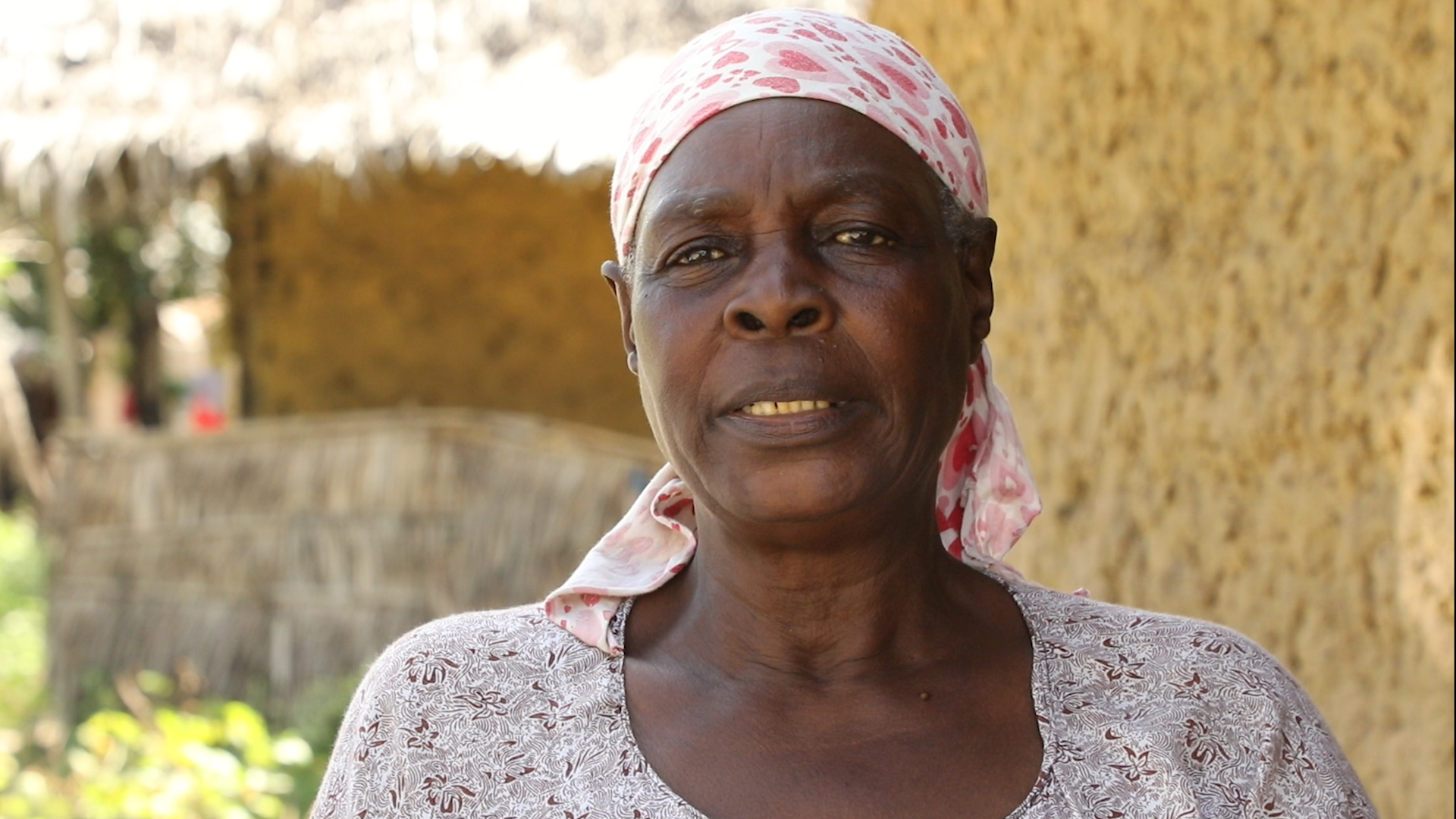
Kiringa went on to add that she had lost five pregnancies due to her fear of going to the hospital because she didn’t have an identity card. Kiringa, who came to Kenya at the age of 12, claims she has repeatedly turned away from hospitals when she sought medical assistance.
A number of Ramisi people have joined self-help groups in order to battle poverty. Due to a lack of identity, the Rundi community is unable to participate.
“I’ve heard neighbors saying I can’t be trusted with their money; I’m excluded because I don’t have an identity card,” Stella continues.
Shadrack Kiza Barnaba, the Chairman of Rundi Community, who lives in the same neighborhood faces the same predicament. He arrived in Kenya when he was 18 years old. All Shadrack’s children were born in Kenya and are unable to access their identification cards.
“I have lived here my entire life, and despite being of Burundi descent, this has been our home, I am afraid that my grown children will never have access to Ids,” Shadrack says.
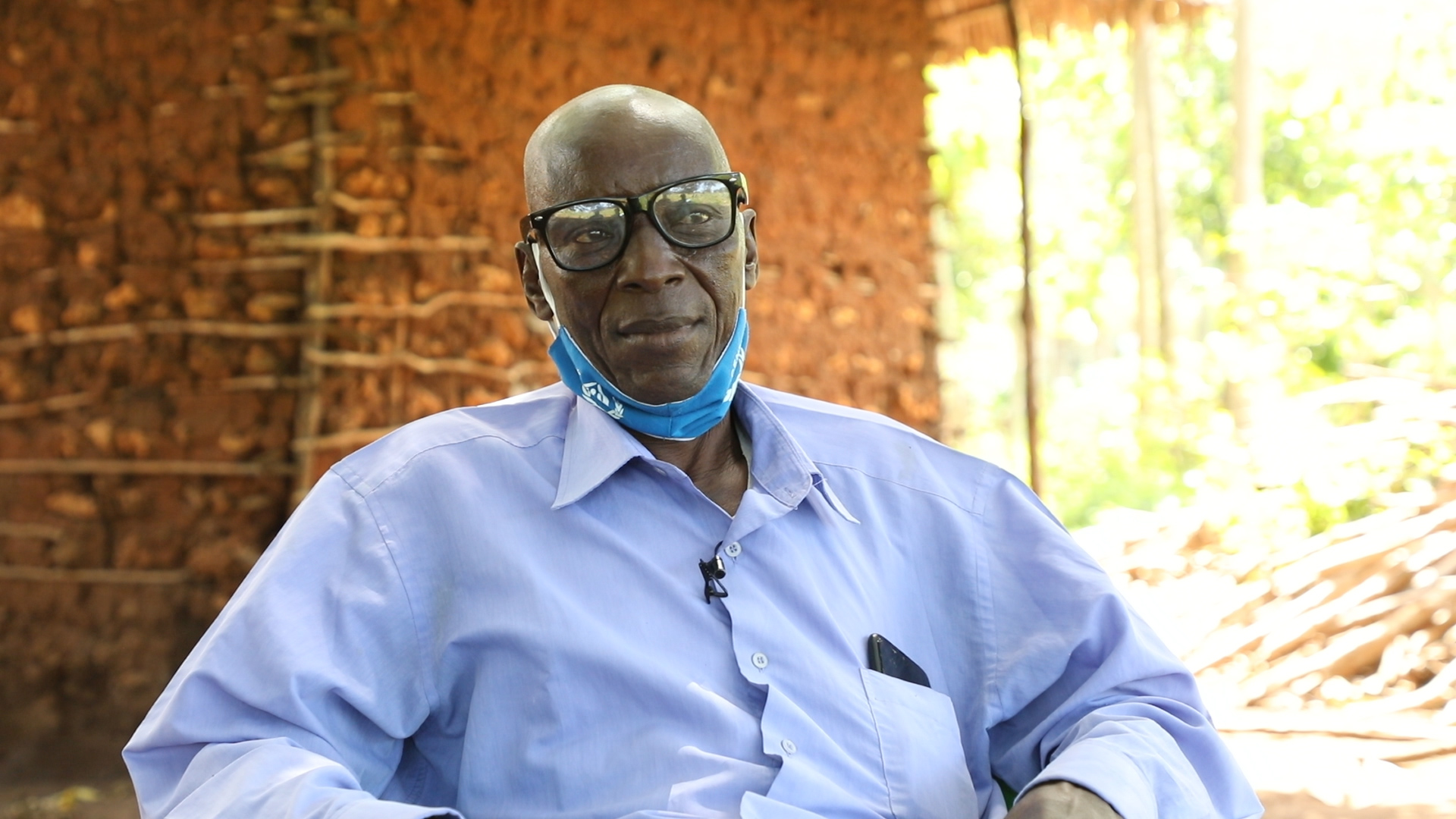
According to Shadrack, they are now being denied basic necessities like mosquito nets, which are provided by the government to the community.
“Even the community has turned against us whenever we ask for nets, they tell us we are not Kenyans, which is quite unfair,” Shadrack says.
His two eldest son Ezekiel Kiza and Ezra Kiza cannot continue with their education even after completing KCSE. The two youngmen portray the real image of many Rundi youths who have been left jobless due to a lack of Identity cards.
Despite being a form four leaver, Ezra claims he has been left to look for manual jobs. “We can’t even afford to obtain manual jobs, and when you get jobs that pay you by mobile money, you have to use a colleague’s phone number, regrettably you can’t trust everyone,” he says.
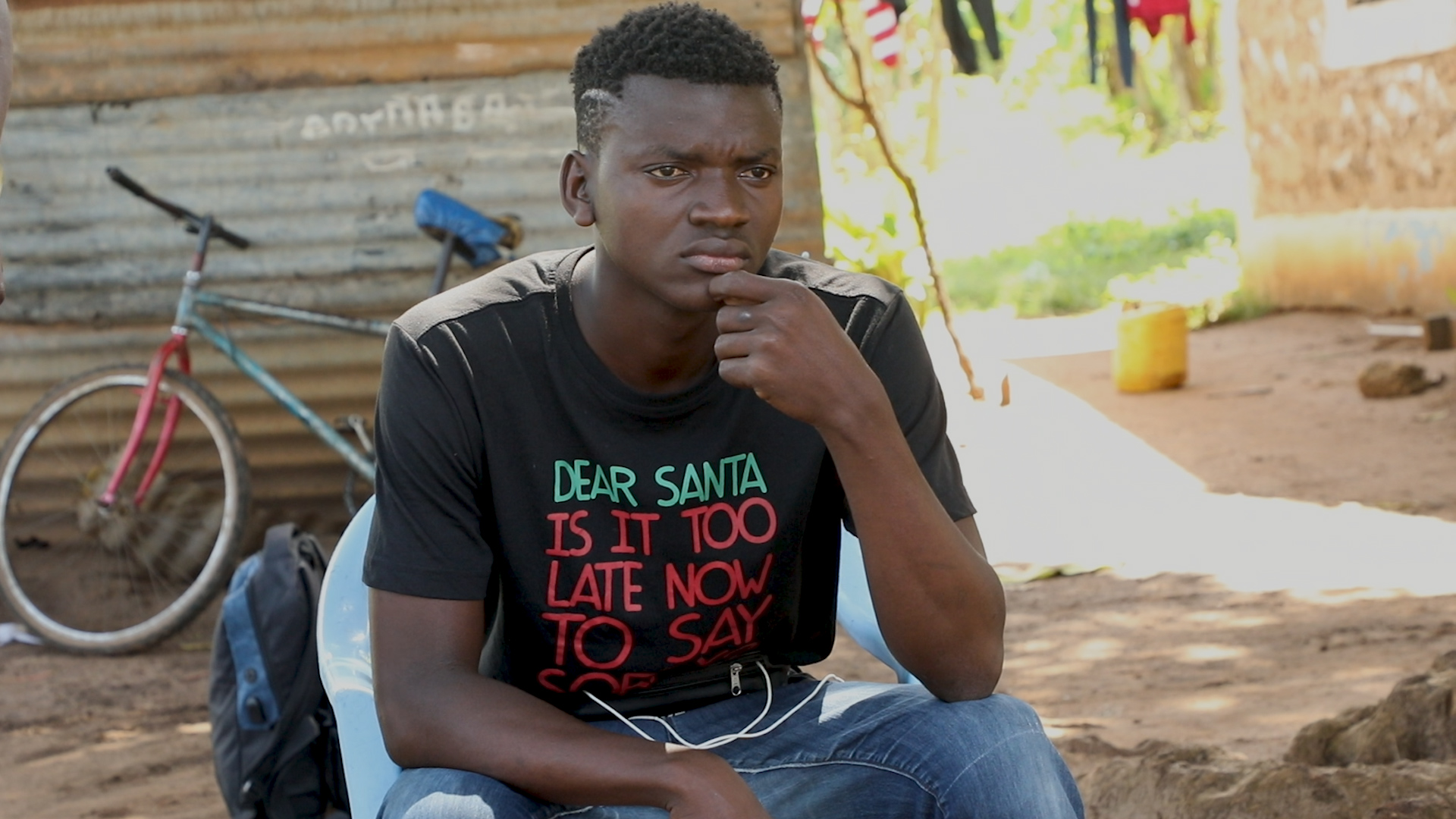
Ezekiel says he now despises being called a Burundi, claiming that his peers use the term to deny him jobs. “I am a Kenyan, I was born here and I have nowhere else to call home,” says Kiza.
Rashidi Abedi Jua Cali, 76, who is also a stateless person, claims he arrived in Kenya in 1958 looking for work with 49 other Burundians. He claims they were given papers that served as proof of nationality before they were revoked.
“We came here in 1958 looking for jobs and we were employed at sisal farm after having been given documentation, the company later went bankrupt but I have lived here since then,” he says.
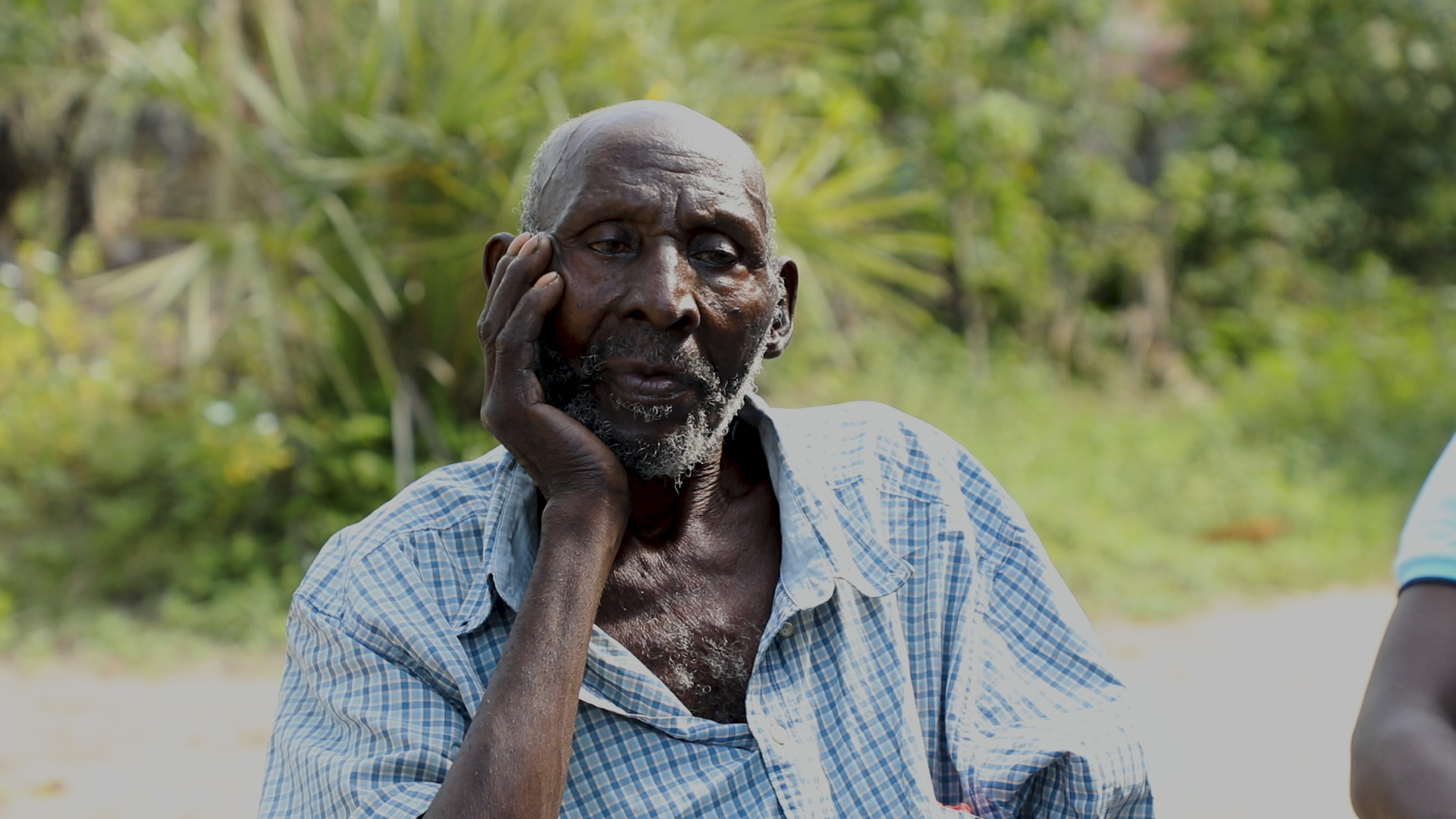
The Haki Center, a Mombasa-based NGO, works with coastal communities to assist them to understand the law and how to use it to combat social injustice. The organization works with paralegals who is members of the impacted communities, using a sensitization strategy to address statelessness.
Through the Rapid Response Initiative RRI, launched by the cabinet secretary of Interior Dr. Fred Matiangi targeting those who lost their citizenship since the promulgation of the new constitution, the organization works closely with the government to ensure registration of stateless person is fast-tracked.
Andrew Ochola, Programs Officer at Haki Center says Statelessness in Kenya is protracted with some of the affected groups that have lived in Kenya since independence. The organization works closely with persons of Rundi, Rwanda, Pemba, and Nyasa descent.
“We are targeting stateless person under sections 11,15 and 17 of citizenship and Immigration act who qualifies under the law. We had the Makonde but they are now deregistered as stateless persons”Ocholla says.
Ocholla and the teamwork to bring together the affected communities under an umbrella and their leaders are introduced to the government offices for security issues.
“We try to ensure that stateless persons are protected because they are also people who have rights. We don’t want stateless people to be arbitrarily arrested especially for lack of legal identification” says Ocholla.
The Organization has also come up with an informal way of the communities identifying themselves which helps the stateless communities to engage directly with security actors within the area. The organization further ensures that there is a timely birth registration for the stateless community “We try and make the affected people understand that first birth certificate is a protection for your child and lack of birth certificate also leads to childhood statelessness, that is where it starts” cautions Ocholla.
However, the biggest challenge is that the community still lacks information on citizenship rights, “Ours is to just sensitize the community to ensure that they have citizenship rights as per the constitution and we are not issuing legal Identity documentation,” he adds.

